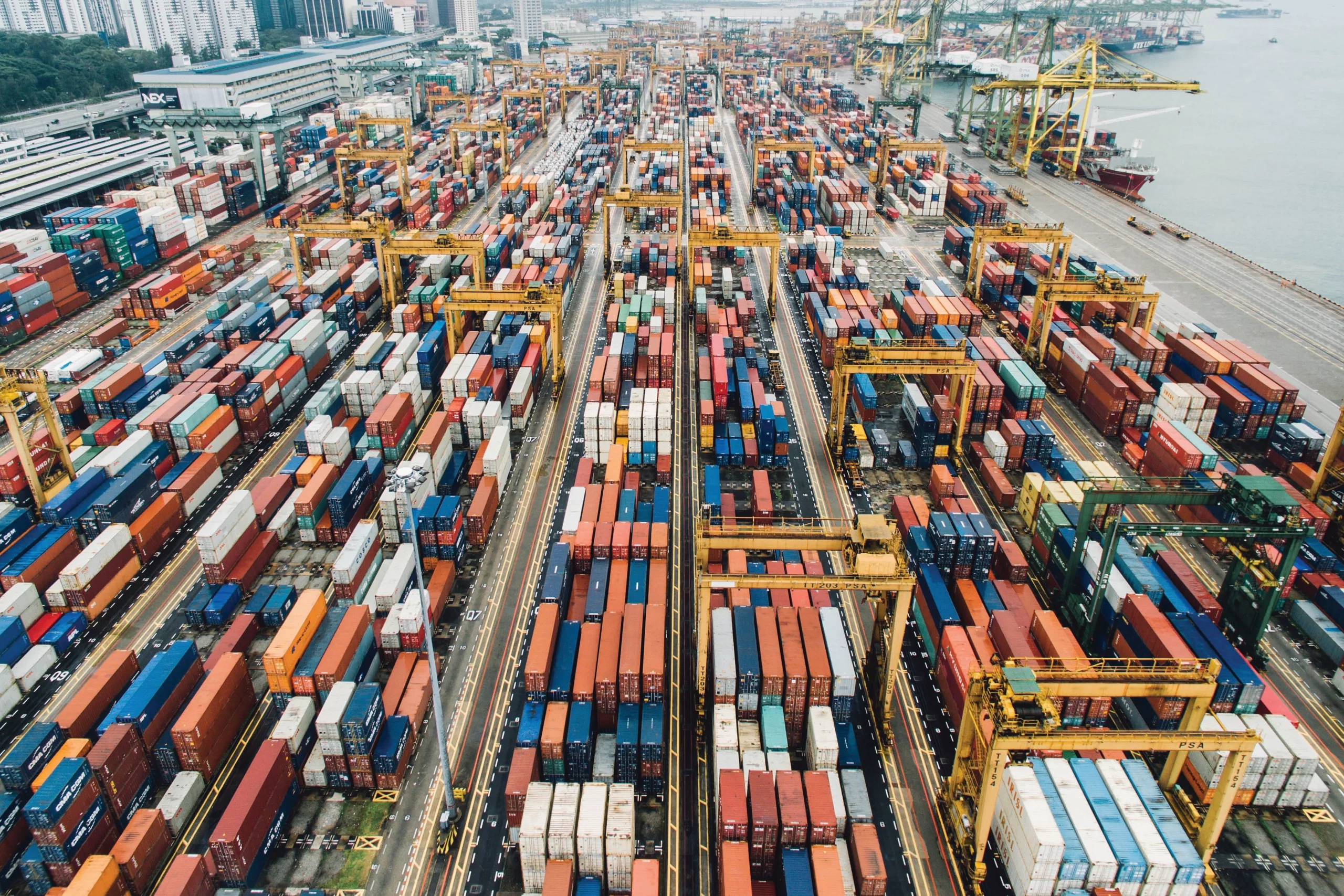President Luiz Inácio Lula da Silva of Brazil aims to finalize a trade deal between Mercosur and the European Union.
He plans to do this before his Mercosur presidency ends on December 7. Lula shared this on his weekly program, “Conversation with the President.”
On Monday, he spoke with Ursula von der Leyen, President of the European Commission. Lula expressed his determination to close the deal during his term.
Mercosur includes Brazil, Argentina, Paraguay, and Uruguay. Venezuela is suspended and Bolivia is about to join.
In his call with von der Leyen, Lula discussed crucial points. He is optimistic about sealing the deal soon.
Lula plans to meet von der Leyen at COP 28 in Dubai starting November 30. This meeting will address Brazil’s concerns.

A Mercosur summit is scheduled in Rio de Janeiro on December 6 and 7. This is just before Javier Milei, Argentina’s President-elect, takes office.
Milei opposes Argentina’s Mercosur membership.
The Mercosur-EU trade agreement has been in talks for over thirty years. A preliminary agreement was reached in 2019.
However, it awaits ratification from 31 countries and faces some parliamentary resistance.
Background
The Mercosur-EU trade deal stands as a landmark agreement, effectively connecting two significant global economic regions: South America and Europe.
This deal is set to create one of the world’s largest free trade zones, covering a market of over 770 million people, rivaling the size and impact of deals like the USMCA in North America.
It promises significant reductions in tariffs, fostering enhanced trade and economic collaboration between Mercosur countries and EU member states.
Regionally, the agreement is a boon for South American economies, as it provides them access to a larger market along with diverse European technologies and goods.
This global pact sets a precedent for South-South cooperation, demonstrating how emerging markets can effectively negotiate with developed economies.
In terms of global influence, this agreement parallels the Comprehensive and Progressive Agreement for Trans-Pacific Partnership (CPTPP), as it connects diverse economies across continents.

